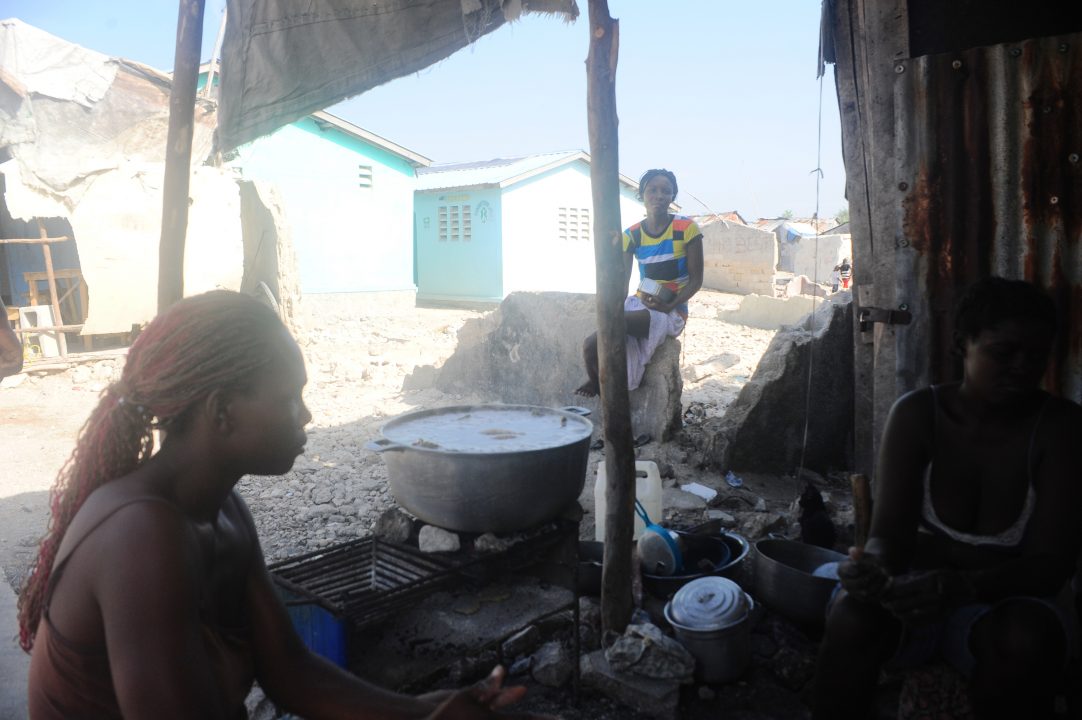Research on the type of household Income
Restavek
In Haiti, many poor rural families hoping to provide a better future for their children send them to live as domestic servants in the homes of urban / semi-urban families. These children, mostly girls are extremely vulnerable to emotional, physical, and sexual abuse. These children are known as Restavek.
Data Source
Haiti Now relied on data obtained from the FAFO Research Foundation and the Institut Haitian del’ Enfance. The data was collected from 2013 - 2014.
Haiti Now has published this data online in an interactive manner. Click here to review this data in more detail, and to see other dimensions of the living conditions of Restavek in Haiti.
Another Option for Abandoned Girls in Domestic Servitude
Haiti Now ‘s mission is to give Restavek girls the ability to:
- leave domestic servitude, and
- prepare for the future they and their parents had hoped for.
Our current goal is to build a residential school for Restavek girls. We intend to provide the support needed for these girls to build a healthy and financially secure future, all under one roof.
In this residential school, girls will receive:
- an accelerated education,
- health care,
- emotional support,
- mentoring,
- arts and sports, and
- healthy socialization with peers and adults.
Envision the opportunity for these girls reaching their potential at our residential school, and join us to build this facility.
Please support us at https://www.haiti-now.org/donate/
